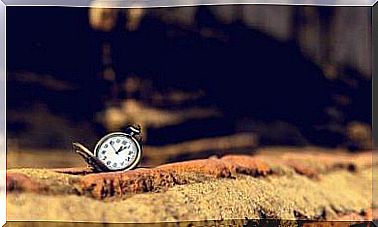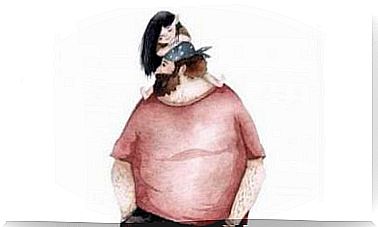Stephen Hawking: The Man Of The Stars
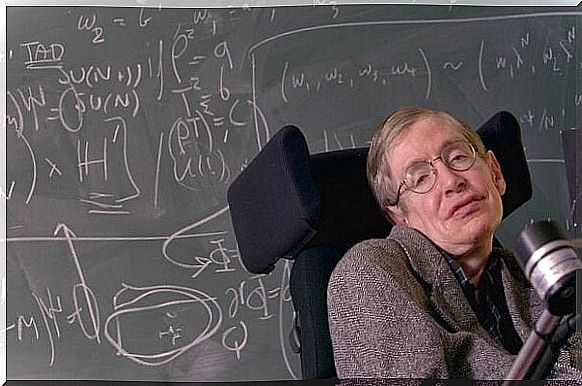
Stephen Hawking is perhaps the most famous living scientist of our time. His reputation is probably only comparable to that of Albert Einstein in his time. His fame is primarily due to his input on the origin of the universe and the laws of physics involved in this process.
But his reputation is also due to his courage in the fight against a genetic disease. This condition has not prevented him from leading a perfect life.
“Turn your face towards the sun and you will not see the shadows”
-Helen Keller-
One of his most famous books is The History of Time, which became a bestseller in a short time and has sold over ten million copies. He later switched to film. Hawking is admirable, not only for his intellectual achievement, but for having done so in the midst of many difficulties. His magnetism is without a doubt the result of his vulnerability, courage and genius.
Stephen Hawking, a wonderful mind
He was born in January 1942 in London. Exactly three hundred years after Galileo’s death, a fact that Hawking often jokes about. He belongs to an “eccentric” family, according to the youngest of his siblings, Edward. His father worked as a doctor and spent most of his time in Africa, dedicated to research.
Hawking was just a teenager when he decided to study math and physics. He was enrolled at Oxford at the age of 17. He was popular with his peers for his intelligence and had a reputation for not spending much time studying. Instead, he played bridge and raced with his friends.
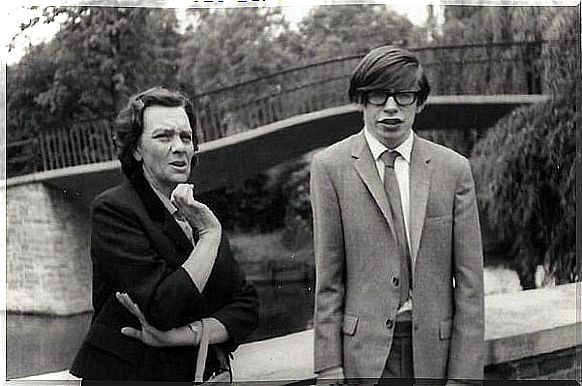
After several years of being unfocused, and without showing any particular dedication to his studies, his grades were good. The school Hawking chose was Cambridge. This required an excellent average. He expressed his sincerity in the conversation to be recorded by saying: “If I get good grades, I will choose Cambridge. If they’re just okay, I’ll stay at Oxford. I trust you will give me excellent grades. “And so it was.
As a scientist, his career began more than 25 years ago, at Cambridge University. Perhaps he is the scientist who has done the most to bring us closer to understanding the universe. His theoretical work on black holes and advances in knowledge of the origin and nature of the universe is avant-garde and certainly revolutionary.
An exemplary example
At the age of twenty , Hawking was diagnosed with a degenerative disease known as “motor neuron disease” or ALS. This illness has limited him to sitting in a wheelchair for most of his life. Hawking did not allow the disease to be an obstacle for him in his scientific development. In fact, his illness has freed him from routine tasks that allow him to spend his time researching.
Hawking prefers not to talk about his physical disability and avoids talking about his personal life. Above all, he wants to be remembered as a scientist, author and a person who has made science popular, as well as as a person who, like any other person who can walk, has dreams, impulses, desires and ambitions.

When Hawking was diagnosed with the disease, he was told that it was more common in older people. However, he was only twenty years old. In any case, the disease progressed rapidly and the doctors gave him no more than two years to live in. The star man then ended up in a deep depression and listened to Wagner all the time.
After two years, things stabilized for Stephen Hawking in terms of health. He decided to marry Jane Wilde, with whom he had three children. Hawking continued his research and even overcame the devastating physical deterioration that came from his illness. In 1969, he was finally referred to a wheelchair. This situation made him completely dependent on another person.
A man who overcomes himself
In 1979, he was elected to the Lucasian Chair in Mathematics at Cambridge University. This chair had been adopted by Isaac Newton in his time. He later underwent an emergency tracheotomy in 1985 and completely lost the ability to speak. His only communication channel is reduced to a voice synthesizer adapted to his wheelchair.
Hawking tells with a good sense of humor an anecdote that has happened to him in the Vatican. At the end of a cosmological congress held there, the pope spoke to the audience. He expressed interest in studying the Big Bang theory and the subsequent evolution of the universe, saying it was God’s creation and work.
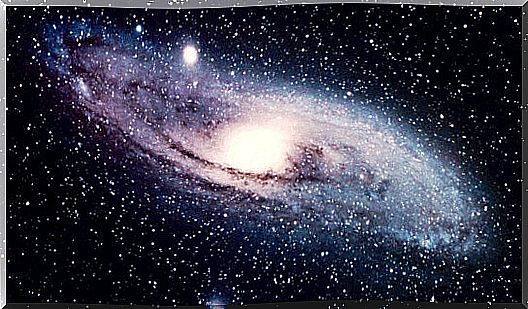
Stephen Hawking says he felt happy because the pope had not understood the speech he had made about “the possibility that space-time was finite but had no boundaries.” In other words, he says that the universe had no beginning and that there was no moment for creation. So he was glad that the pope had not understood and said “that he would not share the fate of Galileo.”



